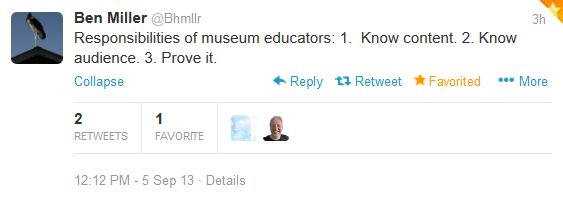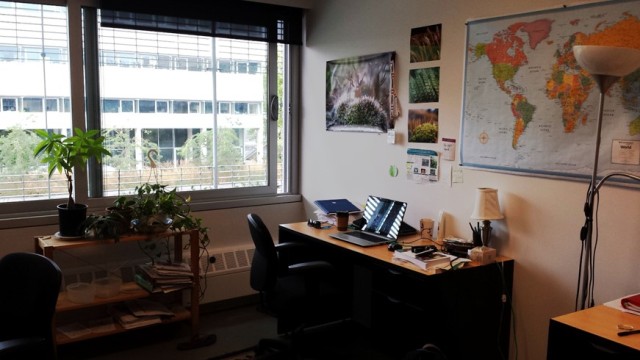I wanted to write today about a film I saw a few weeks ago – Blackfish.
In brief, Blackfish is a documentary that makes a commentary on the ethics of keeping animals in captivity, using a narrative of a specific male Orca named Tilicum, and the fact that he has now been directly involved in the death of 3 human beings. The film is directed by Gabriela Cowperthwaite was premiered at the Sundance Film Festival at the beginning of the year. The movie opens with a chilling recording of the 911 call made on February 24, 2010 when SeaWorld trainer Dawn Brancheau was killed when she was pulled in the water by Tilikum during a live show. Throughout the film, Cowperthwaite also uses interviews with ex-trainers at SeaWorld, marine mammal scientists, and other witnesses to create this in-depth picture of orca biology, their emotional intelligence, and the ethics of keeping wild animals in captivity.
The entire documentary was captivating and thought-provoking, and I was really impressed with some of the science aspect of the film. One interviewer was a neurobiologist, and the film spent probably a good 15 minutes on the CT scans of orca brains and discussing the emotional intelligence of these organisms, and how much psychological trauma they must have been through by being captured and separated from their pods in the wild. I then went down this thinking path and wondering how they even effectively performed a CT scan on a 12,000lb organism. Is it just the brain alone? Isn’t a CT scan (at least for humans) able to detect changes in brain activity because the organism is alive and different tasks activated different parts of the brain? Is my own brain getting too caught up in the logistics of all this, and what would a CT scan of my brain look like right now?
Anyways, while I did enjoy this movie, there were some parts that I wished were expanded. For example, the documentary touched on various incidences of previous random violent behaviours of orcas in captivity, where orcas would spontaneously drag experienced trainers down to the depths of the water and not let go, or randomly leap at trainers unexpectedly. The documentary tried to make a point of how common these incidences were and the lack of training and protocol by SeaWorld when these occur. The people involved also were not interviewed (at least no footage was shown), and perhaps this is because they may still be working for SeaWorld. This may be the biggest criticism of the documentary, the fact that it is one-sided and SeaWorld refused to comment during the documentary making process. Another part that I wished was further delved into was the death of a young trainer at a SeaWorld affiliated park (Loro Parque) in Tenerife, Spain. The documentary implied that the staff at Loro Parque were highly untrained, and questioned the ethics of keeping cold-water marine mammals in a tropical place, and recounted of how a young performer died from a violent orca attack. However, this was all told through interviews of the trainer’s mother and fiancée, and I was left wondering about some of the facts of what happened.
Finally, there was a particular section that struck with me and I wished was further explored in the film (this moment was the one that inspired me to write a blog post). There was a short 5 minute segment in the middle of the film regarding how SeaWorld employees were communicating inaccurate facts about orcas to the general public. The documentary does a great job of showing recorded clips of employees answering question such as the lifespan or dorsal fin appearances of orcas, and then interjecting with clips of scientists and orcas researchers and their answers to the same questions. It was a very jarring section to watch as it really relayed how different the answers are. When asked by the public as to how often the dorsal fin of male orcas collapse, the employee responded with a response of 25%, yet every single male orca within the SeaWorld family has its dorsal fin collapse. As someone who is trying to dabble in effective science communication, this clip really provoked some inner dialogue between what it means to be a science communicator versus somebody in customer service. At the end of the day, SeaWorld is in the entertainment business (its official title being SeaWorld Parks and Entertainments), and it is marketed as a theme park. While there is a small part of me that think that one benefit of keeping wild organisms like orcas in captivity is to foster a deeper understanding and appreciation for the natural world, this goal cannot be attained if SeaWorld spoon-feeds tailor-made “facts” to the public and does not allow for criticism and questioning on the part of trainers and visitors.
Lastly, I saw a tweet today that bears in mind the role of museum educators (which applies to educators of all sorts):

It perfectly sums up my feelings of the role of educators: 1. Know content.
Science education aside, the film ends on a very powerful imagery of how Tilicum is now in isolation since the incident in 2010, and floats lifelessly for hours and hours on end in his pool. It really just breaks my heart as I watched footage of a highly intelligent organism being unstimulated within a very small space.

